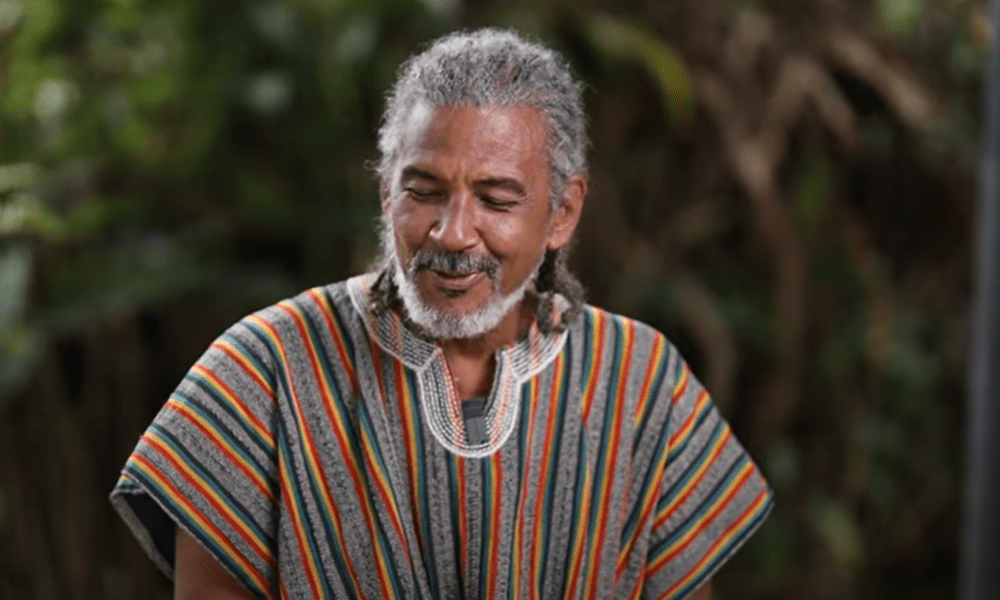By Ghana Plus,GhanaPlus
Copyright ghanaplus

When veteran musician and filmmaker Panji Anoff speaks about Ghana’s music, he does so with the urgency of someone watching a priceless heritage slip away.
In a conversation with journalist Kafui Dey, Panji lamented the neglect of traditional music education in Ghana’s basic schools, a gap he believes has robbed generations of their cultural grounding.
According to Panji, the decline began during Jerry John Rawlings’ administration, when compulsory music education was removed from the curriculum.
“They said music education was a bourgeois pursuit,” he recounted. “But if it’s based on our traditional music, it’s not bourgeois at all. It’s the best way to protect our culture, our history, and our traditions.”
Panji argued that music is not just an art form but a learning tool that sharpens critical thinking and creativity.
“When you learn how to play the piano, your mathematics improves,” he said. “Music teaches you how to learn and how to think.”
He proposed a bold but simple solution: integrate traditional musicians into the school system as community instructors.
“If you go to Nungua, there are traditional musicians who already teach during festivals like Homowo,” he explained. “Give them full-time employment to teach what they already know. They’re trained, not by the system, but by tradition.”
For Panji, the benefits go far beyond preserving songs. He sees music as a gateway to language, history, morality, and identity. “Our traditional songs contain our local languages, our fables, our heroes. Teaching them means teaching who we are,” he stressed.
He cautioned that failure to act would leave Ghana with nothing but “a secondhand Western system.” “If we create our own, we’ll be the owners,” he concluded. “We’ll be the best at it.”